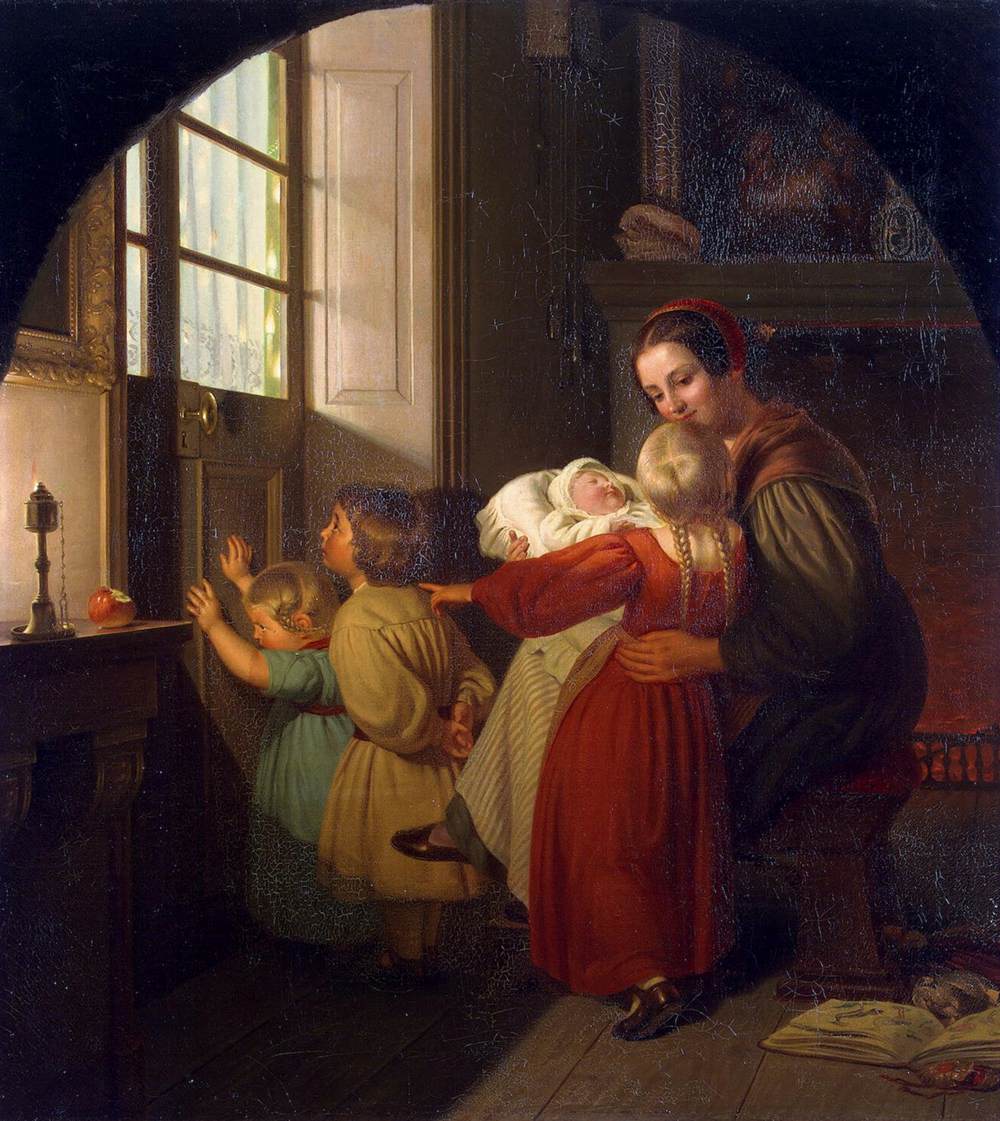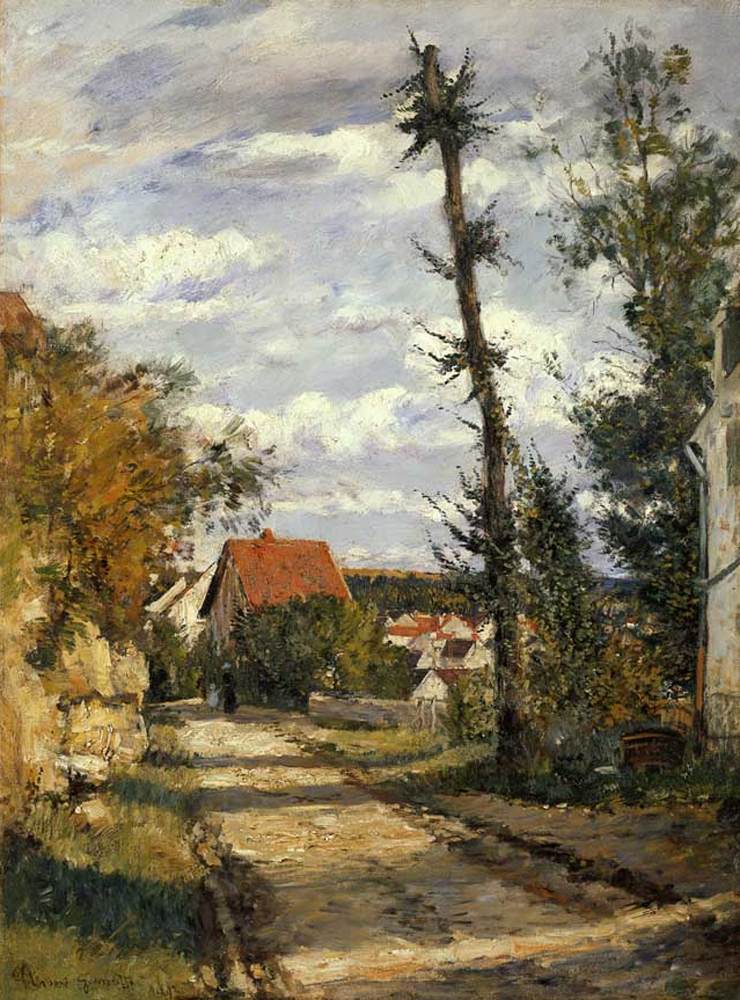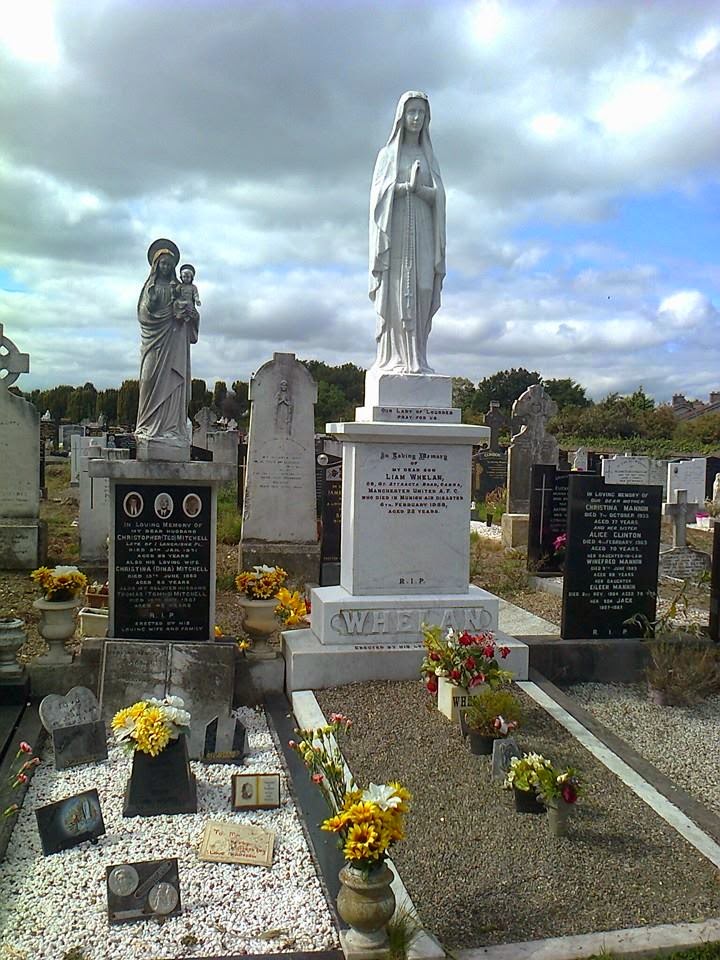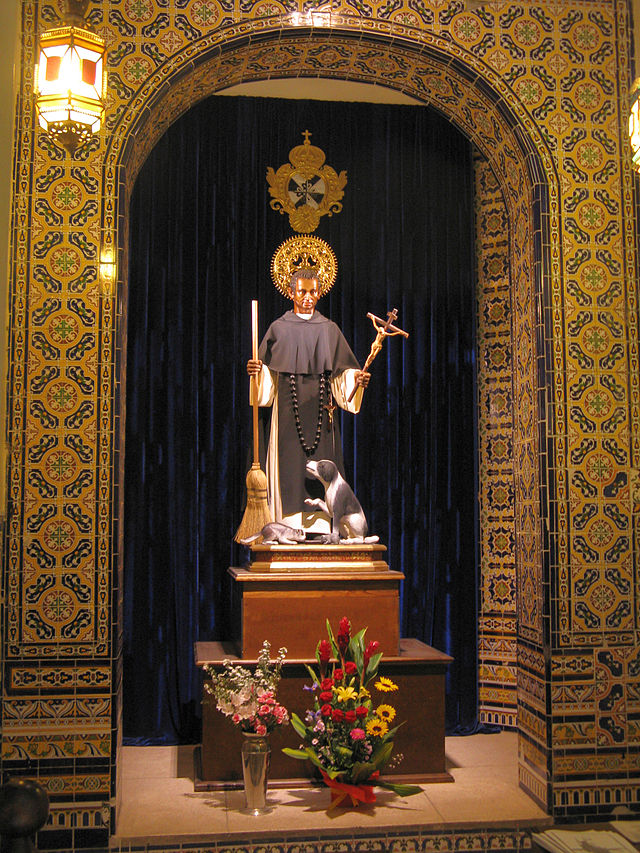‘O felix culpa; O happy fault.’ Sunday Reflections, 3rd Sunday of Advent, Year B

St John the Baptist, Donatello, 1438
Santa Maria Gloriosa dei Frari, Venice [Web Gallery of Art]
Readings (New American Bible: Philippines, USA)
Readings (Jerusalem Bible: Australia, England & Wales, India [optional], Ireland, New Zealand, Pakistan, Scotland, South Africa)
Gospel John 1:6-8, 19-28 (New Revised Standard Version, Catholic Edition, Canada)
There was a man sent from God, whose name was John. He came as a witness to testify to the light, so that all might believe through him. He himself was not the light, but he came to testify to the light.
This is the testimony given by John when the Jews sent priests and Levites from Jerusalem to ask him, “Who are you?” He confessed and did not deny it, but confessed, “I am not the Messiah.” And they asked him, “What then? Are you Elijah?” He said, “I am not.” “Are you the prophet?” He answered, “No.” Then they said to him, “Who are you? Let us have an answer for those who sent us. What do you say about yourself?”
He said,“I am the voice of one crying out in the wilderness,
‘Make straight the way of the Lord,’”as the prophet Isaiah said.
Now they had been sent from the Pharisees. They asked him, “Why then are you baptizing if you are neither the Messiah, nor Elijah, nor the prophet?” John answered them, “I baptize with water. Among you stands one whom you do not know, the one who is coming after me; I am not worthy to untie the thong of his sandal.” This took place in Bethany across the Jordan where John was baptizing.

Mary, Queen of Heaven, Master of the Legend of St Lucy, c.1485-1500
National Gallery of Art, Washington [Web Gallery of Art]
Here in the Philippines we will begin the the Misas de Gallo, also known as Simbang Gabi or Aguinaldo Masses, the novena of pre-dawn Masses leading up to Christmas, or Tuesday the 16th. These are votive Masses in honour of our Blessed Mother and in thanksgiving for the gift of our faith. The Spanish word ‘Aguinaldo’ means ‘gift’ and in this context refers to the gift of faith.
The Church over the centuries has reflected on gifts we have received from God that we could not have received had our First Parents never sinned. A song included among poems for Advent and Christmas in the Breviary published by the hierarchies of Australia, England & Wales, and Ireland is one of those reflections, Adam lay y-bounden. In the Breviary it is given the title O Felix Culpa, ‘O Happy Fault’.
This particular song, written in England in the 15th century, marvels at the fact that but for the reality of the sin of Adam we would have had Our Lady as Queen of Heaven.
The poem reflects part of the Exultet, the Easter Proclamation: O certe necessarium Adae peccatum, /quod Christo morte deletum est! O truly necessary sin of Adam,/destroyed completely by the Death of Christ. O felix culpa,/quae talem ac tantum meruit habere Redemptionem! O happy fault/that earned so great, so glorious a Redeemer.
At Easter we proclaim the great reality that God has given us a Redeemer and that he is now risen from the dead.
Coming up to Christmas we reflect on the birth of our Redeemer through the consent of Mary, his and our Mother. Mary is part of God’s eternal plan and if we sideline her we distort that reality, as we also do if we put her in the centre and sideline her Son. In the painting above Mary, while being honoured as Queen of Heaven by the angels and saints is adoring God with her whole being, inviting us to do the same. The song too invites us to sing Deo gratias! Thanks be to God!
That is what the Church invites us to do every time we celebrate the Eucharist, the Thanksgiving. It invites Filipinos in particular at this time of the Aguinaldo Masses to thank God for the great gift of faith and to share it with others. One way n which Filipinos have been doing that is introducing this centuries-old practice to other countries, adapting the custom to local circumstances.
O Felix Culpa (O Happy Fault)
Adam lay y-bounden,
Bounden in a bond;
Four thousand winter,
Thought he not too long.
And all was for an apple,
An apple that he took.
As clerkes finden written In theiré book.
Ne had the apple taken been,
The apple taken been,
Ne hadde never our Lady,
A been heaven’s queen.
Blessed be the timeThat apple taken was,
Therefore we may singen.
Deo gratias!
This song from England dates from the 15th century. The text here is an adaptation of the original Middle English and the musical setting is by Boris Ord.
Scottish poet Edwin Muir’s One Foot in Eden, included in the Breviary for Lent and Easter, also reflects on the theme of felix culpa
.
What had Eden ever to say
Of hope and faith and pity and love
Until was buried all its day
And memory found its treasure trove?
Strange blessings never in Paradise.
Antiphona at introitum Entrance Antiphon (Philippians 4:4-6)
Gaudete in Domino semper: iterum dico, gaudete.
Rejoice in the Lord always; again I say, rejoice.
Modestia vestra nota sit omnibus hominibus:
Let your gentleness be known to everyone:
Dominus enim prope est.
for the Lord is near.
Nihil solliciti sitis:
Do not worry about anything
sed in omni oratione petitiones vestrre innotescant apud Deum.
but in everything by prayer and supplication with thanksgiving let your requests be maked known to God.
Ps. 84 [85]:2 Benedixisti, Domine, terram tuam: avertisti captivitatem Jacob.
Lord, you were faorable to your land; you restored the fortunes of Jacob.
Gloria Patri et Filio et Spiritui Sancto.
Glory to the Father, and to the Son, and to the Holy Spirit.
Gaudete in Domino semper: iterum dico, gaudete.
Rejoice in the Lord always; again I say, rejoice.
Modestia vestra nota sit omnibus hominibus:
Let your gentleness be known to everyone:
Dominus enim prope est.
for the Lord is near.
Nihil solliciti sitis:
Do not worry about anything
sed in omni oratione petitiones vestrre innotescant apud Deum.
but in everything by prayer and supplication with thanksgiving let your requests be maked known to God.
The text in bold above is the Entrance Antiphon in the Ordinary Form of the Mass (the ‘New Mass’). The longer text is the Entrance Antiphon in the Extraordinary Form (the ‘Old Mass’).



























